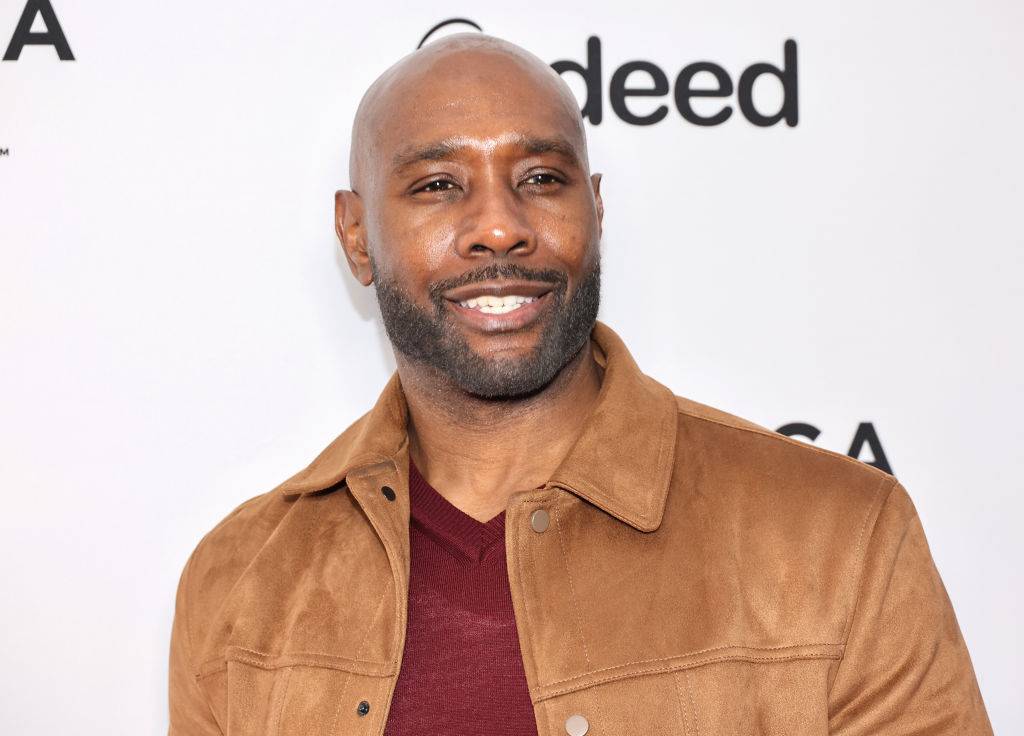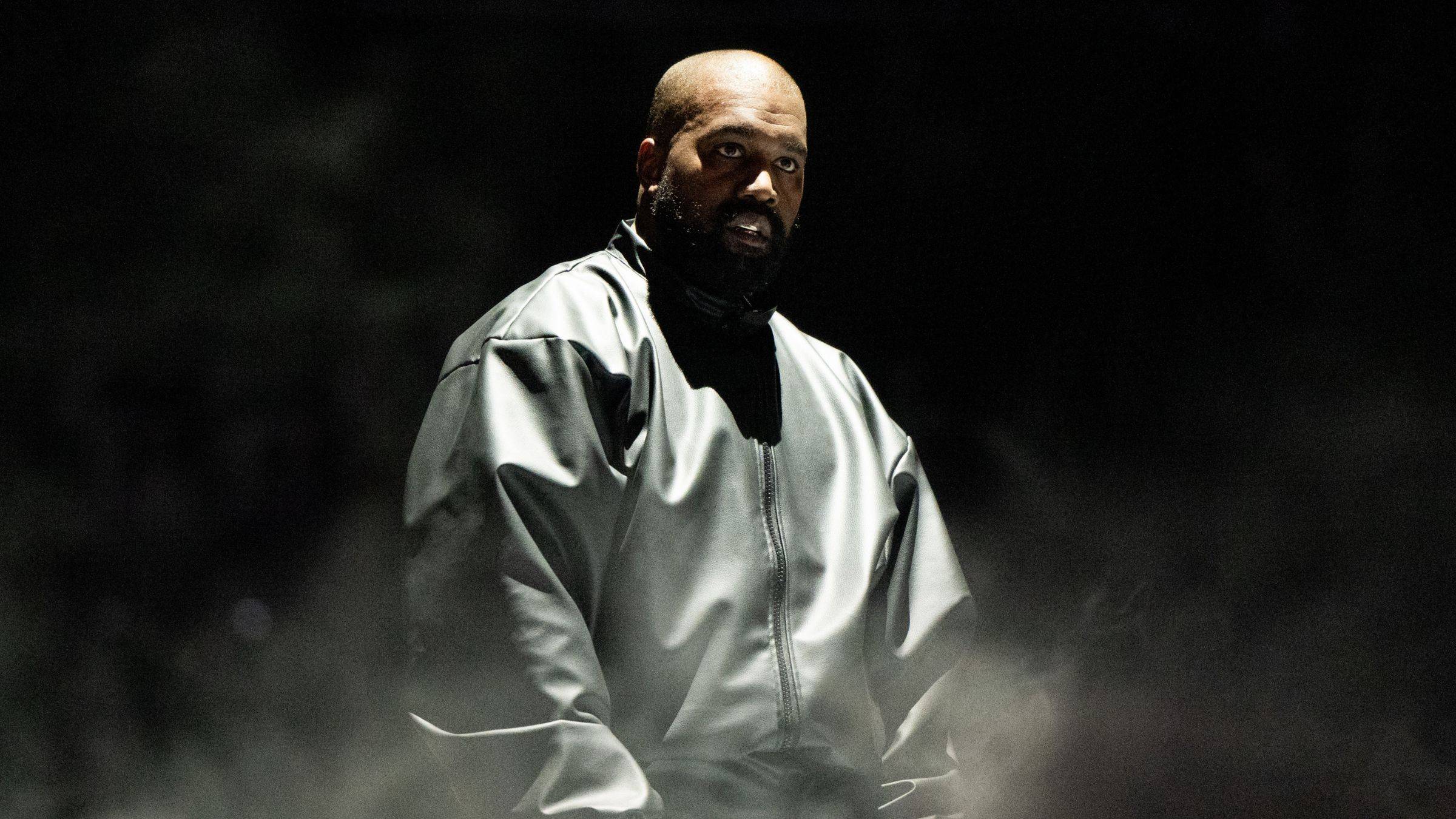Commentary: Ad Wars

Campaigns are about definitions. The true race is not necessarily the first to the ballot box but rather the first to define his opponent.
The Obama campaign ad Firms hit the airwaves a couple of weeks ago and firmly squared up Mitt Romney’s jaw on Bain Capital and landed a solid punch. The power of the ad is not Mitt Romney’s singing “America, the Beautiful” — trust me — but rather the juxtaposition of images of closed factories and empty offices; the Swiss flag, Bermuda beaches and the Cayman Islands while he’s singing the song.
For all of our legitimate complaining about negative campaigning, you have to admit it is a good ad.
Perhaps more stunning than the ad itself was the seemingly slow response by the Romney campaign. For some time Romney and many of his surrogates thought the entire matter of his taxes and Bain Capital was just a political ruse. After all, who cares about another person’s tax returns or whether they were running a company before or after a certain date when they have been unemployed for 18 months? But the Obama campaign carefully and skillfully crafted a narrative that started to force an answer to the question — one that could potentially be problematic for the Romney campaign.
Consequently, focus group specialists like Frank Luntz and other GOP political operatives began to moan publicly and to urge the Romney campaign to respond more forcefully in the face of polls that showed the Obama attack ads were starting to define Romney. "It's because people look at this company [Bain] and they're trying to decide what kind of person Mitt Romney is,” Luntz noted. “Does he understand me, does he understand my concerns, does he understand my fears as well as my hopes and dreams? And what Bain does is, because Bain is dollars and cents, and let's face it — if you want to balance this budget, if you want to cut the debt, you're going to have to make some tough choices. And that's what Bain does…[a]nd so it makes for a decent campaign attack against Mitt Romney.”
But, as the saying goes, all good things come to an end — and they did for the president when, at a campaign rally in Virginia, he said this: “If you were successful, somebody along the line gave you some help. There was a great teacher somewhere in your life. Somebody helped to create this unbelievable American system that we have that allowed you to thrive. Somebody invested in roads and bridges. If you’ve got a business, you didn’t build that. Somebody else made that happen. The point is that when we succeed, we succeed because of our individual initiative, but also because we do things together.”
It was the opening the Romney campaign and his surrogates needed and one they would not let close any time soon. As Romney ramped up his attacks on the president as “anti-business,” “anti-free market and supporting a system where only the government is responsible for business success” the Republican National Committee released It's OK — a thirty-second game-changer that should have Democrats and progressives worried.
The danger of this ad lies not in its negativity but in its subtlety. As Washington Post opinion writer Jonathan Capehart recently noted, “Where the Obama ad is blunt, the offering from the Republican National Committee hits the president with a more-in-sorrow-than-in-anger attack ad. And every time I have seen it, I get an uneasy feeling. The same feeling you get when you think you hear water dripping somewhere but can’t find it. To ignore it is to risk disaster, which is exactly what will happen to Democrats if they ignore the power of this ad.”
What makes this a better ad than Firms (again, our protests about negative ads notwithstanding) is its ability to lead voters to answer the underlying question: “Can I make a change?” First, the ad acknowledges something that virtually every poll tells us — people genuinely like Obama — and secondly it apologetically tells them “He tried. You tried.” In other words [Independent voters], we all had “hope and change” in 2008, but since then unemployment is still high, our national debt has grown and our confidence in the current leadership to fix our problems has fallen.
And then, in a rather matter-of-fact way, it gives the voters the answer: “It’s okay to make a change.”
In the battle of negative ads, the Obama campaign ads up to this point have been fairly effective in defining Mitt Romney. But as we may soon see, the RNC ad goes beyond mere definition — it isn’t even “negative” per se — and allows voters, indeed encourages them, to accept the answer to the question that’s been on their minds for a while now. And for Obama and the Democrats, that could be a deadly thing.
Michael Steele served as the first African-American chairman of the Republican National Committee. He is a former lieutenant governor of Maryland and a political commentator. He will be providing commentary on all things politics for BET.com each week.
The opinions expressed here do not necessarily reflect those of BET Networks.
BET Politics — Your source for the latest news, photos and videos illuminating key issues and personalities in African-American political life, plus commentary from some of our liveliest voices. Click here to subscribe to our newsletter.





